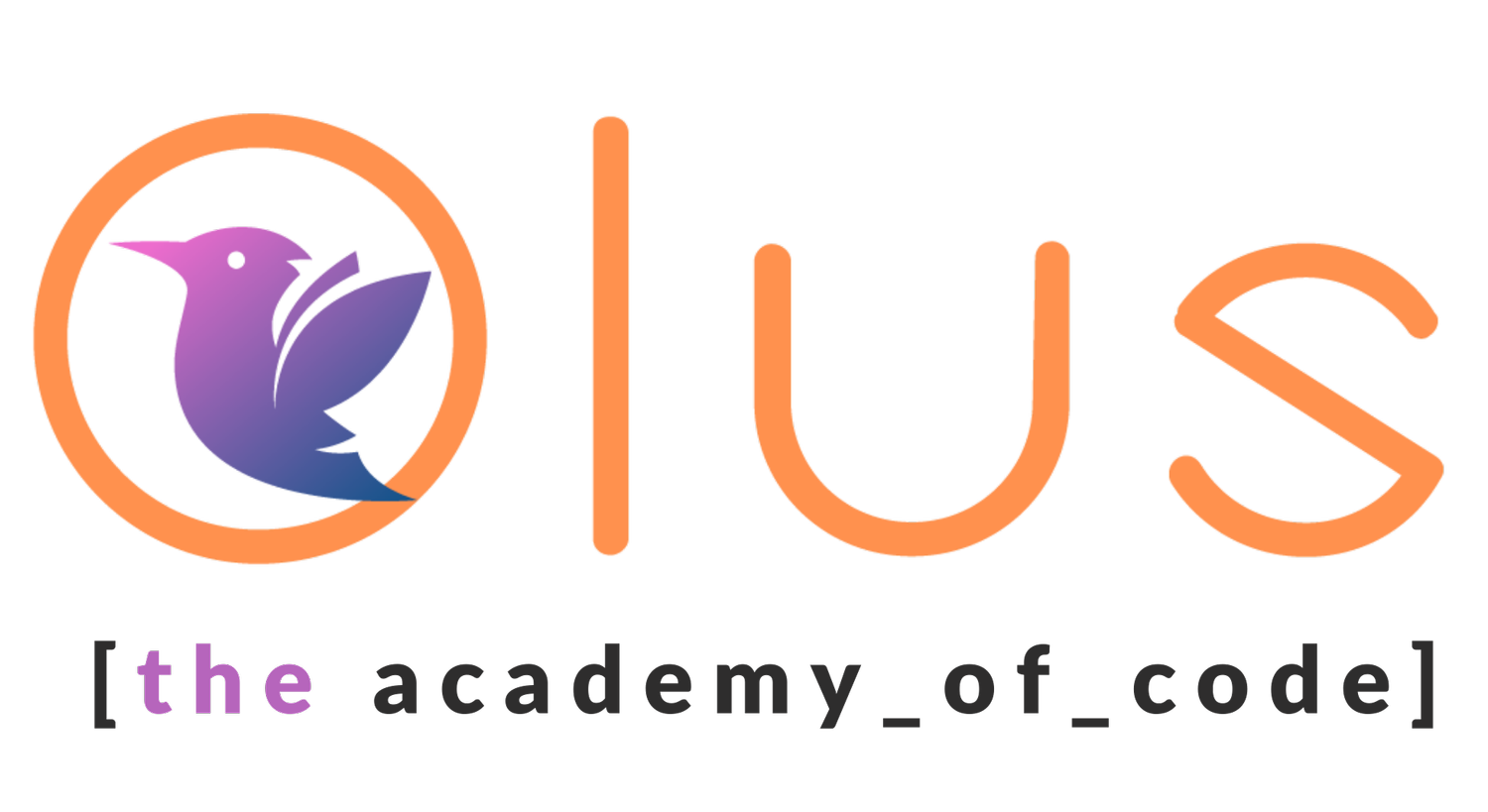Computer Science for Leaving Cert students is finally here! Students from 40 schools across Ireland will be the first to take part in the pilot Computer Science Leaving Certificate curriculum, due to be examined for the first time in 2020.
The program will be the first of its kind, allowing students to learn computational thinking, to read and write in various computer languages, to design web pages, animations and games, and to learn about the role of technology in society.
In making the announcement, Minister for Education Richard Burton commented that “this is a very exciting time for education in Ireland. There is a digital revolution taking place which is having a transformative effect on our economy, workplace, and lifestyle.
“The introduction of this new subject will teach our young people flexible, solution orientated thinking. It will teach them to be creative, adaptable learners”.
Having engaged with the Department of Education during consultation events last year, we are extremely excited to be seeing the work done by all those involved coming to fruition. We’re looking forward in particular to hearing from our colleagues in the 40 pilot schools who are already hard at work preparing to deliver the new course.
For our part, we look forward to getting involved more directly in the wider rollout in 2020, and look forward to adding Leaving Cert Computer Science classes to our growing roster of evening, weekend and in-school coding and technology classes.
As always, our goal in all of this is to introduce kids to the endless possibilities of a life of IT literacy. Not only are coding and advanced IT literacy growing necessities for professional careers, but they are also a deeply fun and satisfying set of skills to develop. The wider integration of these skills within the context of mainstream schooling represents part of a hugely positive shift for future generations. Indeed, this announcement is a timely and vital support for Ireland’s position as the prominent technology hub in Europe, a position which has already earned us huge economic windfalls through the presence of major multinationals such as Google, Microsoft, Twitter and Facebook.
While the overall thrust of this announcement is hugely positive, there are challenges to be overcome yet. Resourcing schools and teachers to keep at the forefront of technological advancements will be a major challenge for the Department of Education, while sourcing appropriately skilled teachers in the first place will not be easy.
Another concern which has surfaced is around the possibility that this intervention could do more harm than good when it comes to driving more students to study computer science at third level. This has been the experience in other countries, and is a concern which we shouldn’t dismiss lightly. Dr Mike Brady, the Director of Undergraduate Teaching and Learning in Trinity’s School of Computer Science and Statistics, expressed fears to the college’s University Times newspaper that the subject would become a prerequisite for college-level courses. “I would really dislike a situation where we were turning away really good students who didn’t do computer science. Someone with very good maths or physics or numeracy in general who, for one reason or another, perhaps because it wasn’t available, didn’t choose computer science.”
While we still await the publication of the finalised curriculum, there is much to be excited about. This announcement marks the latest step in a long-awaited development in Ireland’s education system, and we look forward to seeing where it brings us next.
Happy coding!





